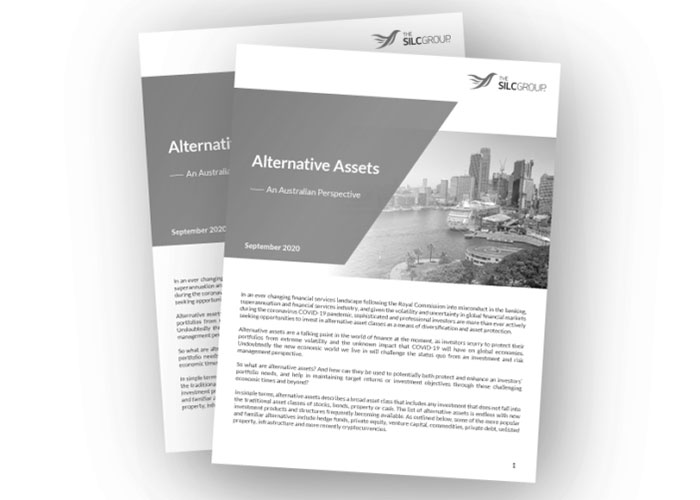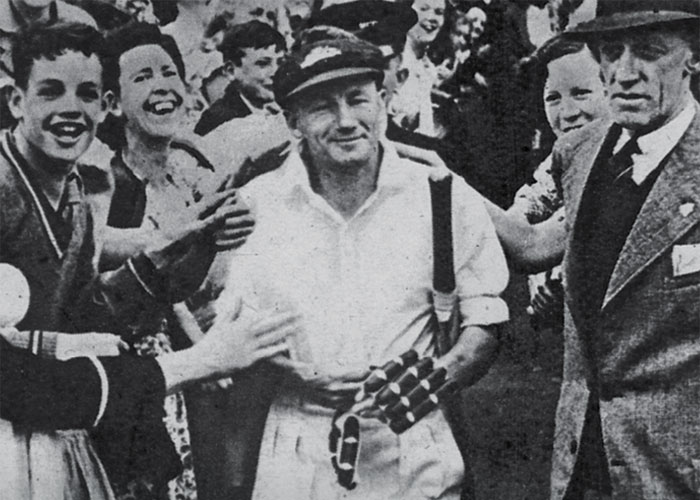
I recently met with Farrel Meltzer, Founder and Managing Director of private market finance and investment house – Wingate.
Founded in 2004, Wingate has built an enduring multi-billion dollar business in property and direct investment with an extraordinary track record of outstanding risk adjusted returns.
Farrel is generous with his time. I was meeting to seek counsel about a future business opportunity, eager to benefit from his life and business experience. As we covered the background, the conversation turned to conflict and how to manage it in one’s personal and professional life.
If I am honest, I am cut from “conflict avoiding cloth”. Like me, Farrel was once inclined to avoid conflict, but has learned to deal with conflict over time. We shared our experiences and as he reflected, this is what I learned:
- Pausing Things – one of the most effective ways to deal with conflict is to take a break and delay – “I want to think about this…”
- Not all conflict is best dealt with face to face – some conflict is taken personally. It can be easier to be dispassionate, without being hard or aggressive, if the conversation is not conducted face to face (for example over the phone). Sometimes being kind is NOT being kind. Over the phone this can be depersonalised.
- Sometimes you just have to “have it out” – occasionally the only way to really address the issue is to have it out. The critical insight is that “it’s OK to be angry, but not actually BE angry.” We reflected on talented people in business who have been able to use this to great effect. Farrel recounted stories of some of Australia’s great Board leaders, who, perhaps like great actors, were able to harness conflict to great effect.
- True anger is to be avoided – true anger and conflict are not good bedfellows. In the presence of true anger conflict becomes violent and consequential in unpredictable ways.
- Stick with it – many of us look for the nearest exit when conflict arises or find elegant ways to diffuse the tension, for example with humour. It’s important to maintain the presence of mind and look for that feeling of discomfort that arises in the presence of conflict. When that happens, hold fire and stick with it. Don’t immediately run for the exit. Conflict is not always dangerous and can often be resolved, simply by facing it rather than running away.
- Emotionally match your opponent – from my own personal experience, I know that there are occasions where my inclination to remain calm in the presence of irate anger can make things worse, not better. Sometimes the other party needs you to engage emotionally so they know you are taking them seriously. It’s OK to raise your voice in response, just make sure it’s not quite as loud…
- There are few battles you need to have – as the years have passed, Farrel and I reflected that you can simply ‘let go of the rope’, if it’s not of fundamental importance. There is peace that comes with accepting those things you cannot change…
- Keep your mother-in-law off the dinner table – one of Farrel’s community mentors wisely once said, it’s fine for your wife to criticise her family, but never OK for you to join in.
- Have a piece of chocolate cake before going home – a lesson passed down from another wise head in a generation past. A friend would stop on their way home to have a piece of cake or a chocolate cookie (something good and sweet). If you are dealing with conflict in one environment, a segue might help you prevent conflict spilling over into your children’s bedtime story.
- Time cures lots of ills – this was perhaps one of my small contributions to the conversation and must be attributed to my Grandfather. Even in the darkest hours, simply reminding one’s self that “this too shall pass” nurtures acceptance.
- Trust your gut – a final reflection that that might prevent conflict in the first place. Farrel acknowledged that in his 20s he didn’t trust his gut, because “after all, what did I know”. As the years have gone by, he recognises that sometimes you “just get a feeling about someone”. “Nowadays, I can still be respectful and polite, but end the conversation by saying ‘this one is not for me’.”
While compiling my notes for this article, Farrel shared one final source of inspiration from Lord Sachs, a brilliant man and the former Chief Rabbi of the UK and Commonwealth:
“Conflict resolution is best achieved by honouring both sides and employing humility in the pursuit of truth. When an argument is for the sake of truth, if I win, I win, but if I lose I also win – because being defeated by the truth is the only form of defeat that is also a victory. Freedom, truth and growth is to be found not in this voice as against that, but in the totality of the conversation.”
Lord Sachs
Play the long game. SCG
















